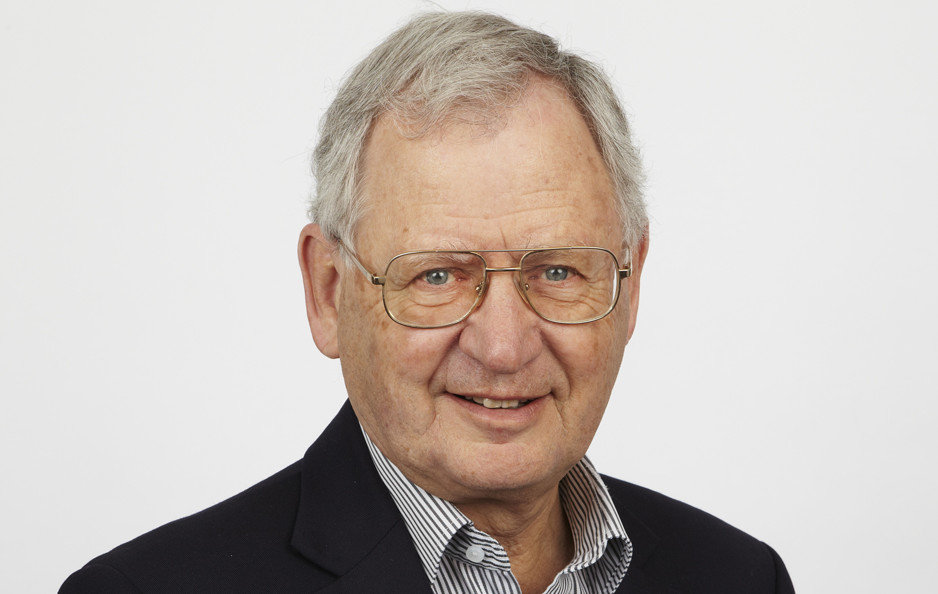
Professor Don Chisholm
Research isn’t for everyone and it certainly wasn’t something Professor Don Chisholm AO contemplated when he first trained as an endocrinologist.
However his distinguished career as both a clinician and researcher suggests that there was an element of serendipity at work when he first signed on at the Garvan Institute of Medical Research back in 1968.
“Radioimmunoassay had just been invented and it was suddenly possible to measure hormones for the first time. It seemed an exciting area to be involved in and within six months I was absolutely hooked on research,” Professor Chisholm told the limbic.
He’s grateful he was able to sustain a career that was ‘50/50 clinical work and research’ and says it isn’t easy to do both these days.
In advice to younger colleagues, Professor Chisholm – recipient of the inaugural ADS Lifetime Achievement Award – says the trick is to be associated with a ‘substantial research group with top rate basic scientists’.
“You won’t get far in research unless you are strongly motivated and it is very important to attach yourself to good researchers.”
His early research at Garvan was on the role of gut hormones in insulin secretion, followed by work on insulin delivery and pumps for treating type 1 diabetes, then to the nexus between obesity, insulin resistance and type 2 diabetes.
“Type 2 diabetes is a massive worldwide problem. Our particular area of interest was that all fat is not the same and abdominal fat is particularly bad.”
Timing can be everything
Together with co-researchers including Professor David Cooper, Professor Andrew Carr and Professor Katherine Samaras, he achieved a somewhat surprising and ‘stunning level of recognition at the international level’ with research on the early HIV protease inhibitors.
“These drugs were allowing people with HIV to live a long life but the adverse effects included an increased risk of diabetes and cardiovascular disease.”
“It was very important recognition that these drugs altered lipid metabolism and those three papers in the 1990s had a massive number of citations.”
“It wasn’t necessarily my best contribution to research but it influenced the pharmaceutical industry to look for those adverse effects in later HIV drugs.”
Timing can also be everything in a long career and Professor Chisholm credits the contribution of former Garvan directors Professor Les Lazarus for supporting his early research career and Professor John Shine for leading the Institute forward in the area of molecular biology.
‘A great believer in not staying beyond your years’, Professor Chisholm retired from clinical work about ten years ago. He estimates his working week dropped from about 70 hours a week to 40 hours a week.
He signed off officially from his research career about 18 months ago but ‘retirement’ seems more of a relative term than an absolute one for him.
However he does now have the opportunity to play golf ‘really badly’ twice a week.
How did he fit it all in back then? Write papers late at night when the kids were in bed and not pick up a golf club for 30 years.
Ever the gentleman, Professor Chisholm credits his wife Judy for the individual support she provided during a busy career and the Sisters of Charity for fostering an exceptional academic and research climate, initially in St Vincent’s Hospital and through the subsequent development of the Garvan Institute.
“I’m extremely grateful to them for the opportunities I’ve had.”